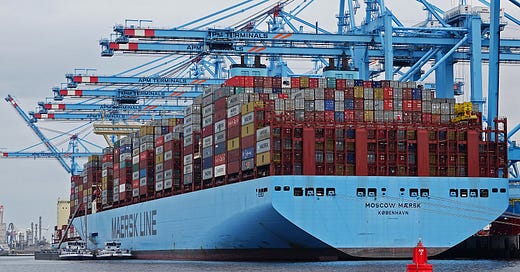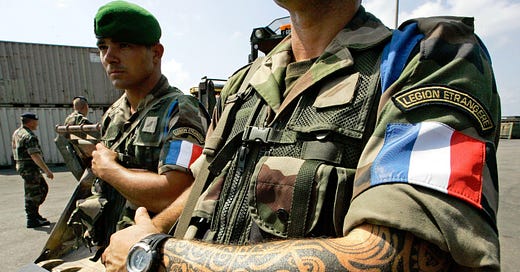Encrypted pagers used by Hezbollah and their sponsors in Lebanon and Syria simultaneously started exploding earlier today, September 17.
This was the backbone of Hezbollah and Iranian communications in Lebanon and Syria. It has now been destroyed along with wounding at least at least 2,800 and killing 8 Hezbollah and Iranians connected with them, including Iran's ambassador to Lebanon who was wounded. We will probably learn more about how many pagers exploded in the coming days.
There is now video of some of the pagers exploding and video of hospitals crowded with wounded.
Lacking communications except on public cellular phones, it will be difficult for Hezbollah to launch coordinated missile attacks on Israel, as they have done as recently as the last few days. That does not mean they won't try, of course, but the shutdown of their communications system is a definite setback.
If the attack was launched by Israel, which has not been confirmed, it would indicate that Israel is (1) retaliating for Hezbollah attacks and (2) seeking to hobble Hezbollah’s military operations if Israel launches an attack on Lebanon, as many project will soon happen.
Details of exactly how this feat was accomplished are still under wraps. News reports say that the pagers exploded by overheating their lithium batteries. This means that while the pagers sent and received encrypted messages, their operating systems were not secure.
One of our readers reports his suspicion that the pagers were modified somewhere in transit and contained explosives. In reviewing the latest videos it does look as if the devices violently exploded. This suggests that the operation against Hezbollah was something done over a period of time and with superb intelligence and access to origins or waypoints for the pagers. In 1996 Hamas bomb maker Yahya Ayyash was killed in Gaza City when his cellphone exploded during his weekly phone call to his father in the West Bank. It was a targeted assassination by the Shin Bet, Israel’s internal security service. If this is a repeat performance on a massive scale, it would be unprecedented.
Encrypted pagers can be text only or can be text and voice. Many of them, even US brands, are made in Asia. China offers a number of models.
It is likely the pagers used by Hezbollah were dual voice-text devices, meaning they were bigger than small text pagers and look similar to a walkie-talkie. Such devices would have a larger lithium battery to support voice communications and allow longer range operations.
One assumes, therefore, that it was possible to infect the pagers with malware that could override temperature controls inside the pagers and "cook" the batteries.
Lithium-ion batteries are explosion prone. Devices have gone off unexpectedly even on airlines. Temperature is one of the ways to detonate a battery, although there are other methods.
But more is involved. It is obvious that while the pagers were encrypted, their signals could still be tracked, meaning that it was possible to identify the Hezbollah operatives and those cooperating with them, especially Iranians, who were part of the network. It is likely only pagers belonging to Hezbollah-linked terrorists and their leaders were targeted. There are no reports, as yet, of civilians such as first responders, experiencing exploding pagers.
The last time this level of cyber attack was mounted, that we know of, was the US and Israeli attack on Iran's uranium enrichment centrifuges in 2010. That was the Stuxnet computer worm. Stuxnet caused the controllers of the centrifuges to speed them up too fast until they broke down and their spinning carbon-carbon rotors disintegrated. So far as is known, there were no casualties in the Stuxnet attack.
By its very nature, a pager is safer to use than a cellular phone because it is essentially a radio and is not connected to the internet or to social media. However, pagers require repeater stations, providing a way for an adversary to electronically collect signals intelligence and, in the latest case, allegedly to introduce software changes to working pagers. The fact that the Hezbollah network covered Lebanon and Syria suggests it was a very large network. It would be interesting to know what telecommunications suppliers helped Hezbollah build out the system, and who provided the pagers.
















That would be interesting if true. No proof at the moment.
The ability to explode these pagers is a valuable asset. Using that asset is a one-time option. So you would do it only if the purpose was worth while. Disrupting communications is especially valuable on the eve of a major attack.